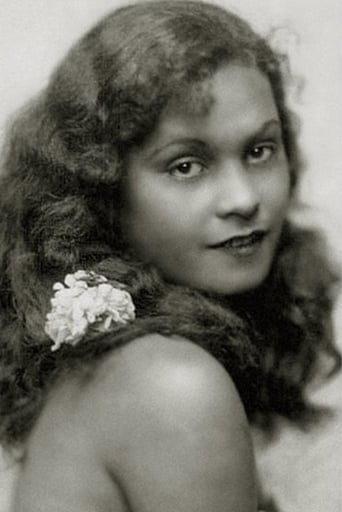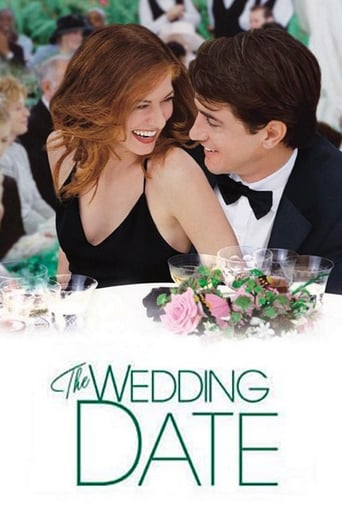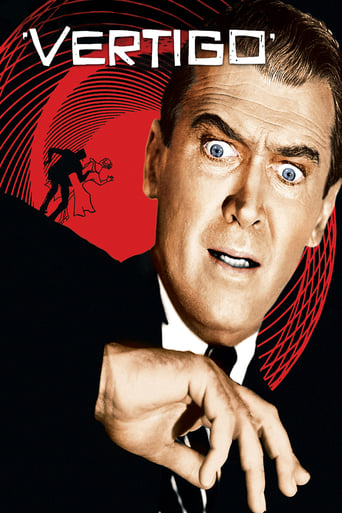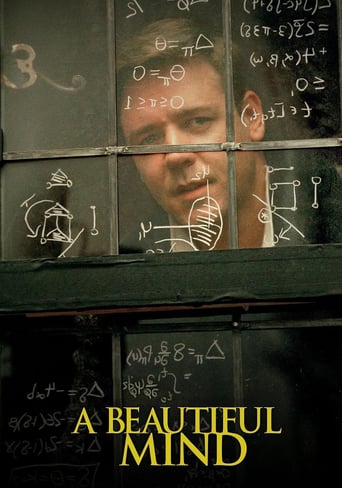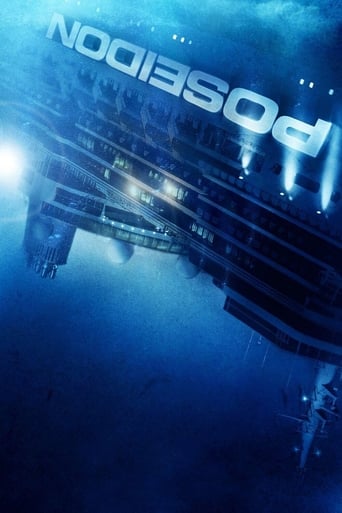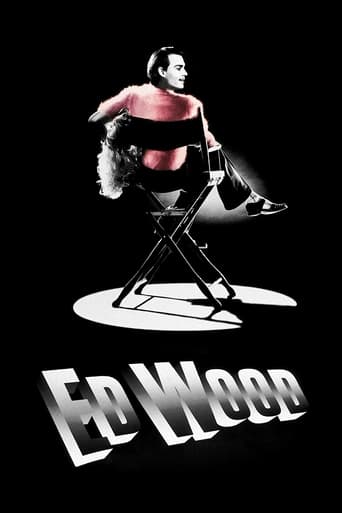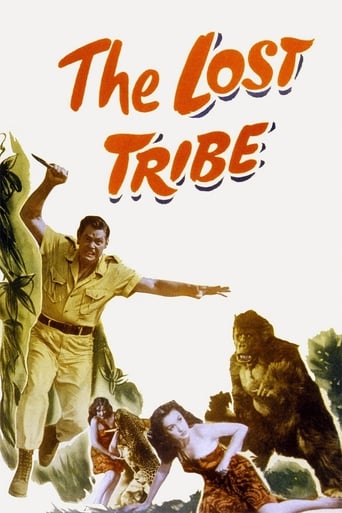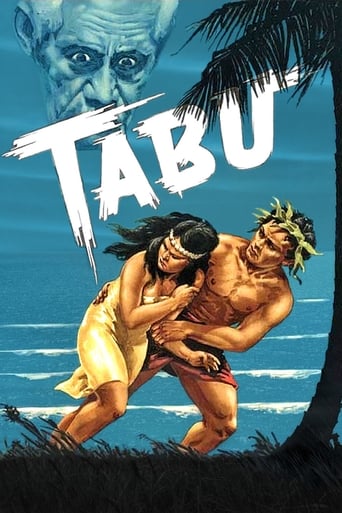
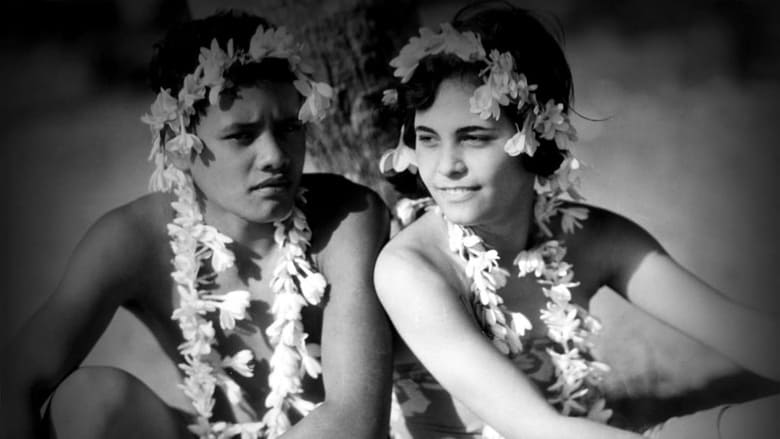
Tabu (1931)
On the South Pacific island of Bora Bora, a young couple's love is threatened when the tribal chief declares the girl a sacred virgin.
Watch Trailer
Cast


Similar titles
Reviews
The brainchild of German genius F.W. Murnau and documentary innovator Robert J. Flaherty (of Nanook of the North (1922) fame), Tabu uses the beautiful, untouched landscape of the South Pacific and employs non- professional natives to tell the beautiful story of love found and lost, and ultimately the death of paradise. Murnau died in an automobile accident shortly before the film's premiere and, thus, was his last gift to the movie-going world. Though it doesn't come close to the iconic expressionist horror of Nosferatu (1922) or the dark, satirical humour of The Last Laugh (1924), Murnau's epitaph is a simple, yet heart- wrenching cinematic poem.The best spear-fisherman on Bora Bora is a handsome young man billed simply as The Boy (Matahi). His legendary status and unparalleled skill makes him popular amongst the islanders, and soon he has caught the eye of The Girl (Reri - who went on to star on Broadway as Anne Chevalier). They romance each other, but their affair is soon halted by the arrival of emissary The Old Warrior (Hitu), who proclaims Reri as the sacred maiden. She is 'tabu', and cannot be looked upon by any man unless he wishes the punishment of death. The couple brave storm and sea to escape, an arrive in a French-colonised island, where Matahi start work as a pearl diver. But their happiness is fleeting, and Reri is soon haunted by the image of Hitu, terrified she may have angered the gods.The plot is hardly anything new, but Floyd Crosby's Oscar-winning cinematography makes Tabu more socially aware that the film may have you believe. The subtle yet crucial involvement of the French colonists, finding amusement at Matahi's lack of understanding regarding money and material wealth, is a clear swipe at the creeping of Western civilisation. Bora Bora won't stay pure for much longer. And that adds a gravitas to Matahi and Reri's plight - not only is their romance doomed, but so are their traditions and society. It is one of the last great silent films, a reminder that sound can be an unnecessary distraction, and that picture's can sometimes genuinely speak louder than words.www.the-wrath-of-blog.blogspot.com
A teenage island native, played by a young man named Matahi, and his love interest, Reri (Anne Chevalier), live happily in a South Seas paradise, surrounded by lush tropical vegetation, waterfalls, and majestic mountains. He's a pearl fisherman. She's an unattached young beauty. Their lives are simple and reasonably carefree. A spirit of innocence prevails. But even amid such beautiful simplicity and natural wonders, sinister elements lurk in the background. And that's the film's main theme.The story is simple and direct. It's both a love story and a visual documentary that will appeal to Westerners accustomed to a more tech lifestyle. Parts of the narrative are conveyed by means of the writings in a ship captain's log. The writing is displayed on the screen, for viewers to read. The film's tone varies from light and cheerful at the beginning to more somber as the plot moves along.Shot in Tahiti and Bora Bora, the film has a cast made up entirely of non-professionals. The B&W lighting is good, given the early era.The film is one of the last of the silent period. And I'm therefore reluctant to find fault with it. The native Pacific music is really beautiful, what there is of it. I could have wished for a lot more. By contrast, the imported symphonic score is loud, nondescript, and intrusive. I guess that would be the one thing I would have changed.Even for viewers who don't care for silent films, "Tabu: A Story Of The South Seas" might be appreciated for its documentary style visuals. For viewers familiar with silent cinema, this is a must-watch film, Director F.W. Murnau's last.
Director F.W. Murnau wisely stuck with the silent film medium he knew so well to cover this story of native islander life in the South Seas. The documentary style works very well for the first half of the movie. The landscapes are beautiful, and the daily life activities of the islanders are interesting to watch. The film loses momentum, though, when it begins to concentrate more on the narrative story of two doomed lovers. The storyline just never gets that interesting, despite being handled well by Murnau. Won an Academy Award for best cinematography, although the award probably should have been for best scenery. You can't really credit the DP for getting to shoot in such a beautiful location.
There has never been another film like "Tabu". This is a unique blending of ethnographic documentary and expressionist drama, from two directors who were masters of these forms.The actors are real Polynesians and their ceremonies and rituals are faithfully captured, and interwoven with a tragic love story. The cinematography deservedly won an Oscar - it is truly beautiful. Murnau, away from his usual studio sets, manages to create the same sense of danger using natural light - especially moonlight - and real locations.The performances are very strong - especially Chevalier as the girl, and the old man is as scary as Nosferatu as he haunts her dreams at night.Sadly this was Murnau's last film - he died in a car crash just before the premiere. It is a little dramatically uneven, and certainly not the masterpiece that "Sunrise" is, but it is still very worthwhile.


